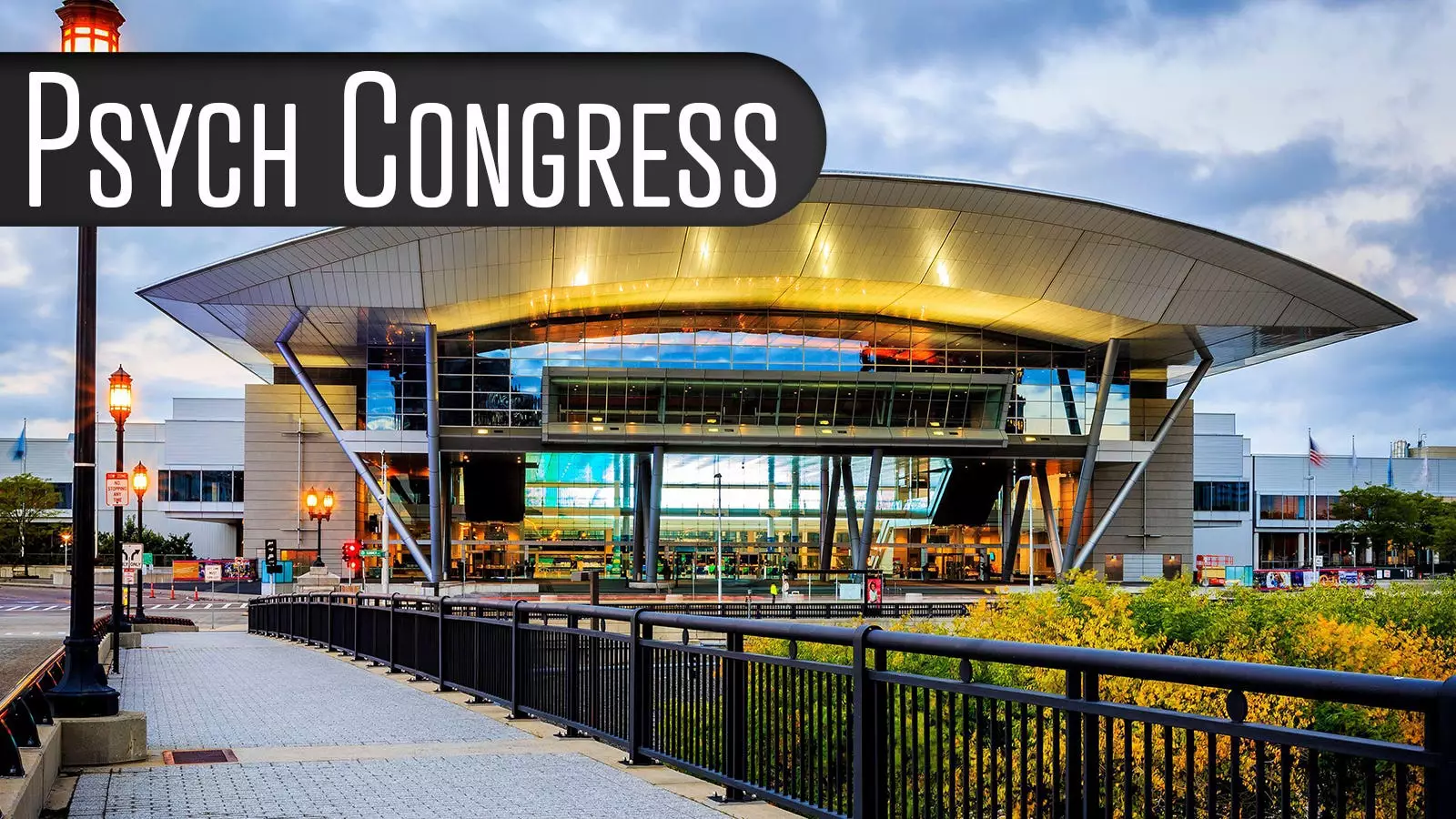Schizophrenia remains one of the most complex mental health conditions, affecting millions worldwide. A recent longitudinal study highlighted a critical finding: even a single relapse can significantly elevate the risk of mortality in individuals with relatively stable schizophrenia. The research, presented by Dr. Christoph Correll from the Zucker School of Medicine at Hofstra/Northwell, sheds light on the alarming consequences of relapse on the longevity and overall health of those living with the disorder, as reported at Psych Congress in Boston.
The study analyzed data from a substantial cohort of 32,071 patients diagnosed with schizophrenia. These individuals were monitored over an average period of 40 months, during which researchers documented the number of relapse episodes experienced by the patients. The findings were striking; each subsequent relapse came with increased hazards of mortality. For instance, the increase in mortality risk was quantified through hazard ratios (HR) – 1.20 for one relapse, escalating to an alarming 2.63 for 10 relapses. This clear correlation between relapse frequency and mortality emphasizes the urgent need for effective relapse prevention strategies.
Correll’s research underscores a fundamental truth: preventing relapse in schizophrenia patients can directly contribute to extending their lifespan. For instance, the estimated 5-year survival rate plummeted from 78% for those with one relapse episode to only 58% for those with ten. Such data doesn’t merely illustrate a trend; it demonstrates a life-altering reality for patients. This recognition should prompt healthcare providers to employ targeted interventions, focusing not only on managing symptoms but also on implementing strategies that can avert relapses altogether.
One of the key recommendations from the study is transitioning stable patients to long-acting injectable (LAI) antipsychotics. This approach can significantly enhance patient adherence to medication regimens, thereby reducing potential relapse rates. With adherence being a common challenge in psychiatric care, adopting LAI medications provides a tangible solution that can lead to improved outcomes.
However, relapse management requires a comprehensive understanding of the broader health implications associated with schizophrenia. Correll emphasizes that the focus should extend beyond simply managing symptoms; clinicians must adopt a holistic approach that encompasses medication adherence, comprehensive care for comorbidities, and lifestyle improvements.
Schizophrenia dramatically shortens life expectancy, with estimates suggesting a loss of up to 15 years. This decrease is linked to multifaceted causes, including increased susceptibility to physical health complications and heightened risks of suicide. Given these grave outcomes, it’s essential for healthcare providers to acknowledge the broader health context in which relapse occurs. By offering comprehensive care that attends to both mental and physical health challenges, clinicians can significantly improve quality of life and increase longevity for their patients.
The findings from Correll’s study should serve as a clarion call to the mental health community. The correlation between relapse episodes and increased mortality presents a formidable challenge that demands urgent attention. As the data suggests, a proactive stance on relapse prevention can have profound effects on both the lifespan and quality of life for individuals with schizophrenia. Clinicians are encouraged to rethink their approaches, prioritizing early interventions, appropriate treatment adjustments, and a more holistic understanding of patient care. Ultimately, by addressing the multifaceted dimensions of schizophrenia and its relapses, we can hope to improve health outcomes and extend the lives of those affected by this pervasive mental health condition.

